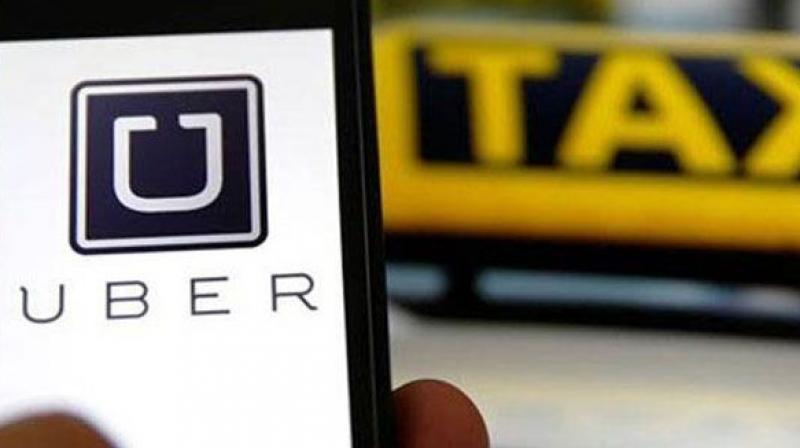Uber says its self-driving technology differs from Waymo's

Uber Technologies Inc said on Friday its self-driving sensor technology was "fundamentally different" from Waymo's, blasting the Alphabet Inc unit's claim that it profited from stolen files in the race to roll out the first driverless car.
Uber said in a federal court filing that 14,000 of Waymo's computer files on autonomous technology never ended up on its servers, despite Waymo's claim that its former executive, Anthony Levandowski, stole them before joining Uber.
Waymo sued Uber in February, seeking a preliminary injunction to stop it from using trade secrets and other intellectual property at the center of the case. Waymo said Uber was able to quickly scale up its autonomous program after Levandowski downloaded the files before his departure to form a company that Uber then acquired. Levandowski leads Uber's self-driving program.
The rivals are vying to bring self-driving cars to the masses in a field that includes established carmakers, little-known start-ups and major technology companies.
"The record shows that Uber never possessed - and never used - any information Mr. Levandowski allegedly took from Waymo," Uber wrote in its filing.
Levandowski, the central witness in the case, has sought his Fifth Amendment right against self-incrimination and will not testify, over concerns about the possibility of a criminal case being filed. Levandowski has not handed over the allegedly stolen documents and Uber, which has never denied that Levandowski took the files, claims it cannot force him to do so.
US District Judge William Alsup in San Francisco has ordered Uber to do a more thorough search of its computer systems to see if the documents are in its possession. "You haven't searched well enough," he told Uber's lawyer at a hearing on Wednesday.
Alsup has also suggested that Uber had leverage over Levandowski it had not used, such as threatening to fire him should he not hand over the documents.
"If you cannot find them in your files there is going to be a preliminary injunction. You're not denying it, no one is denying he has the 14,000 files," Alsup said. "You keep on your payroll someone who took 14,000 documents and is liable to use them."

